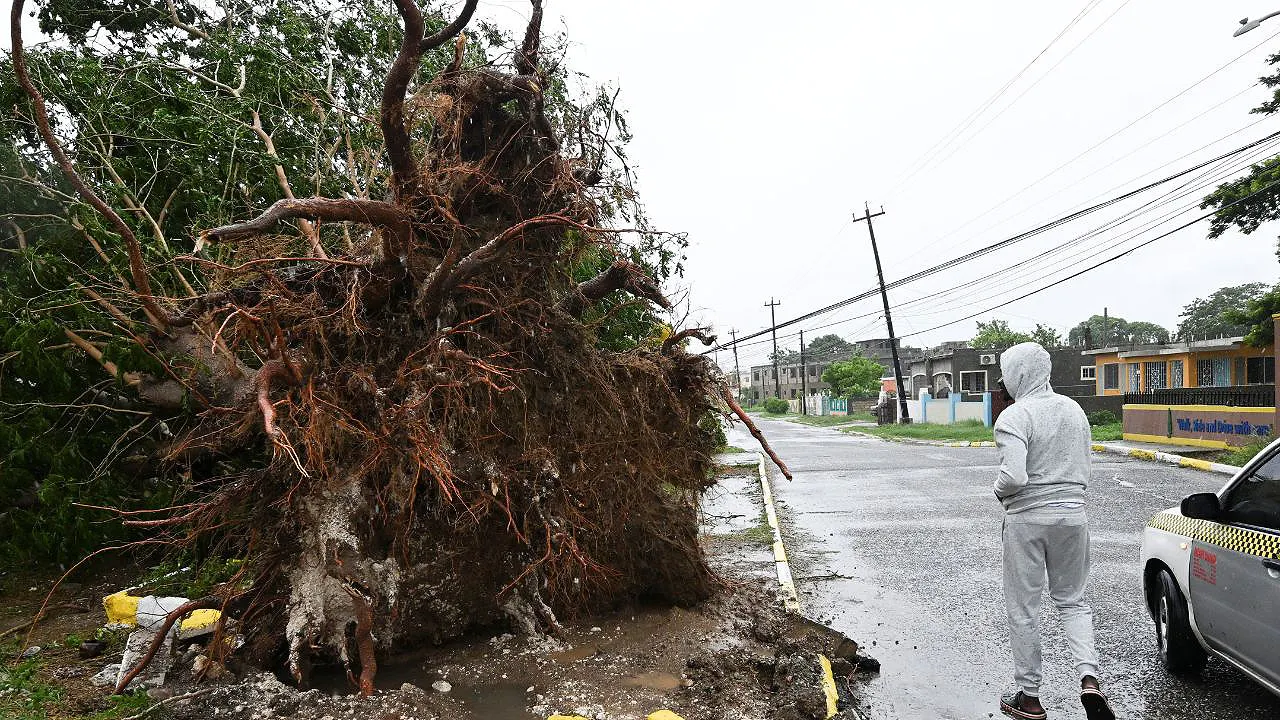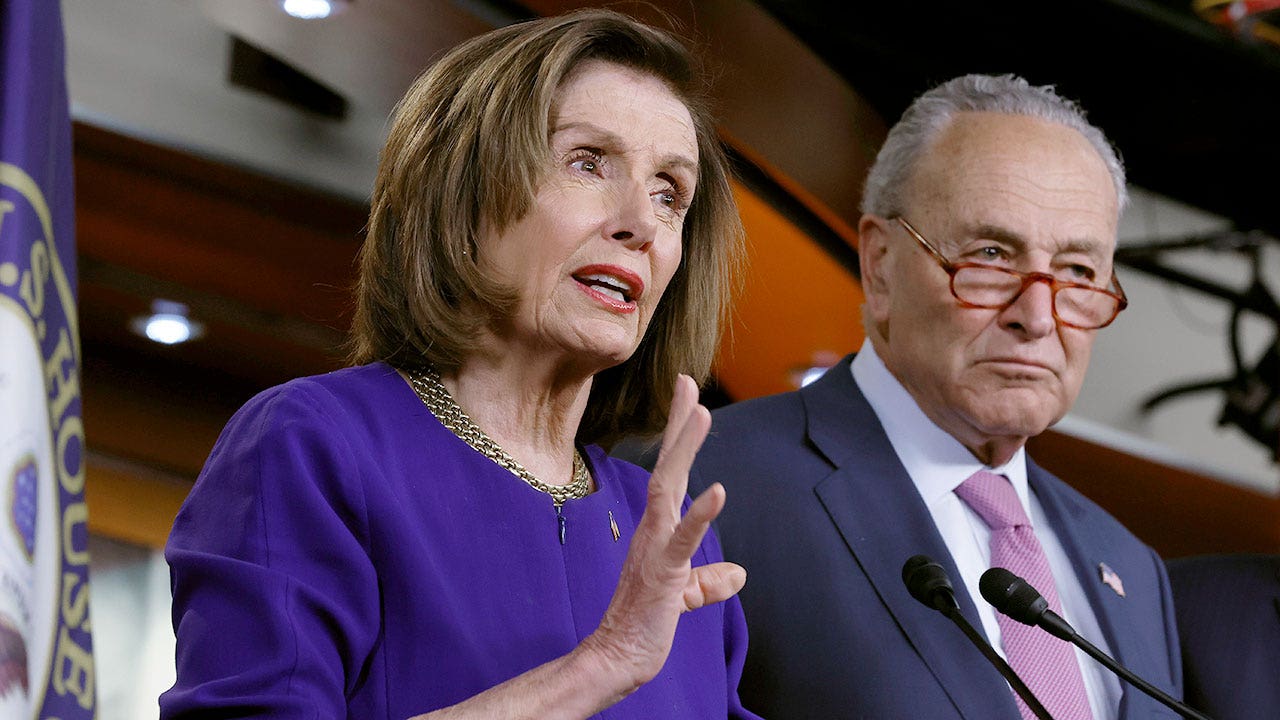A federal appeals court has temporarily blocked an order issued by U.S. District Judge Sara Ellis that required Border Patrol Commander Gregory Bovino to meet with her in person every weekday evening to discuss enforcement activities in Chicago.
The U.S. Court of Appeals for the Seventh Circuit granted an administrative stay Wednesday following an emergency request from the Department of Justice, which argued that Judge Ellis’s order “far exceeds the recognized bounds of discovery” and interferes with the lawful duties of federal immigration enforcement officials.
BREAKING: The 7th Circuit Court of Appeals has blocked Judge Sarah Ellis’ order requiring DHS official Gregory Bovino to appear in court daily for updates on operations in the Chicago area. pic.twitter.com/l9FBXT0BMG
— Kyle Cheney (@kyledcheney) October 29, 2025
The dispute stems from a case involving the Department of Homeland Security’s Operation Midway Blitz, a joint federal and local operation conducted in Chicago.
The court action followed allegations that Border Patrol and other federal agents used tear gas and crowd control measures against protesters, journalists, and clergy in violation of a temporary restraining order issued by Judge Ellis earlier this year.
“I don’t know where this judge thinks she gets off essentially becoming the Chief of ICE Operations.”
Even CNN’s legal analyst Elie Honig is slamming rogue Obama-appointed judge Sara Ellis. pic.twitter.com/xReBXgkZMw
— Thomas Hern (@ThomasMHern) October 17, 2025
This Could Be the Most Important Video Gun Owners Watch All Year
During a hearing on Tuesday, Ellis expressed frustration with what she described as repeated violations of her order and directed Commander Bovino to appear before her in person each weekday to “go over the events of the day” until a preliminary injunction hearing scheduled for November 5.
Attorneys for the Department of Justice immediately sought emergency relief, calling the requirement “extraordinary” and asserting that it interfered with Bovino’s ability to perform his duties.
In filings to the Seventh Circuit, government lawyers wrote that the order “significantly interferes with Commander Bovino’s function, which is ensuring the Nation’s immigration laws are properly enforced.”
The Justice Department also argued that Ellis’s directive was “untethered to the plaintiffs’ underlying claims” and “goes beyond reasonable necessity to ensure compliance” with existing court orders.
The appeal requested an immediate stay while the department prepares a broader challenge to the ruling.
The Seventh Circuit granted the DOJ’s request, pausing enforcement of Ellis’s order until further review.
The stay temporarily relieves Bovino of the requirement to meet daily with the judge, though the case remains active.
🚨BREAKING: The 7th Circuit Court of Appeals BLOCKS foreign-born Obama Judge Sarah Ellis’ order requiring CBP official Gregory Bovino to appear in court daily for updates on illegal alien deportation raids in sanctuary city Chicago.
Activist judges should take notice: FAFO. pic.twitter.com/ksYFlA6ez1
— Dapper Detective (@Dapper_Det) October 29, 2025
The original temporary restraining order, issued earlier this year, limited the use of tear gas and other riot control measures during immigration-related enforcement actions involving public gatherings or demonstrations.
The plaintiffs—comprised of activist and media groups—accused federal agents of violating that order during recent enforcement operations in Chicago, prompting Judge Ellis to expand court oversight.
Court filings indicate that Ellis’s order requiring daily meetings was intended to ensure transparency and accountability in ongoing enforcement actions.
However, federal attorneys contended that the directive created an operational burden on DHS leadership and effectively placed day-to-day immigration enforcement under direct judicial supervision.
The appeals court’s administrative stay will remain in place while a three-judge panel considers the Justice Department’s full motion to vacate the order.
Legal experts say the panel could determine whether the lower court exceeded its authority in imposing direct oversight on a federal law enforcement official.
The preliminary injunction hearing remains scheduled for November 5 in the U.S. District Court for the Northern District of Illinois.
The Seventh Circuit has not yet indicated when it will issue a final ruling on the stay request.
Neither the Department of Justice nor representatives for Judge Ellis commented publicly on the appeals court’s decision.
The Department of Homeland Security has not provided additional details regarding the ongoing enforcement operation or the scope of the court’s restrictions.
The case highlights the ongoing tension between federal immigration enforcement agencies and judicial oversight of crowd control and protest-related actions, particularly in major urban areas where DHS operations intersect with local law enforcement and activist groups.
Read the full article here


![Federal Appeals Court Halts Judge’s Wild Ruling Against Border Patrol Chief [WATCH] Federal Appeals Court Halts Judge’s Wild Ruling Against Border Patrol Chief [WATCH]](https://www.lifezette.com/wp-content/uploads/2025/10/2025.10.16-10.01-lifezette-68f0c27e2d4bc.jpg)




![Charlie Kirk Murder Suspect Smirks in Court, Lip Reader Reveals What Was Said [WATCH] Charlie Kirk Murder Suspect Smirks in Court, Lip Reader Reveals What Was Said [WATCH]](https://www.rvmnews.com/wp-content/uploads/2025/09/2025.09.12-04.38-rvmnews-68c44c992db3e.jpg)



![Dems Release New Epstein Photos to Smear Trump, It Immediately Blows Up in Their Face [WATCH] Dems Release New Epstein Photos to Smear Trump, It Immediately Blows Up in Their Face [WATCH]](https://www.lifezette.com/wp-content/uploads/2025/11/2025.11.13-01.15-lifezette-6915da05cf827.jpg)
